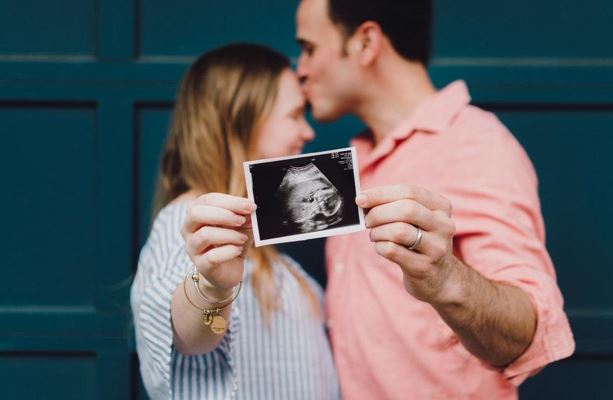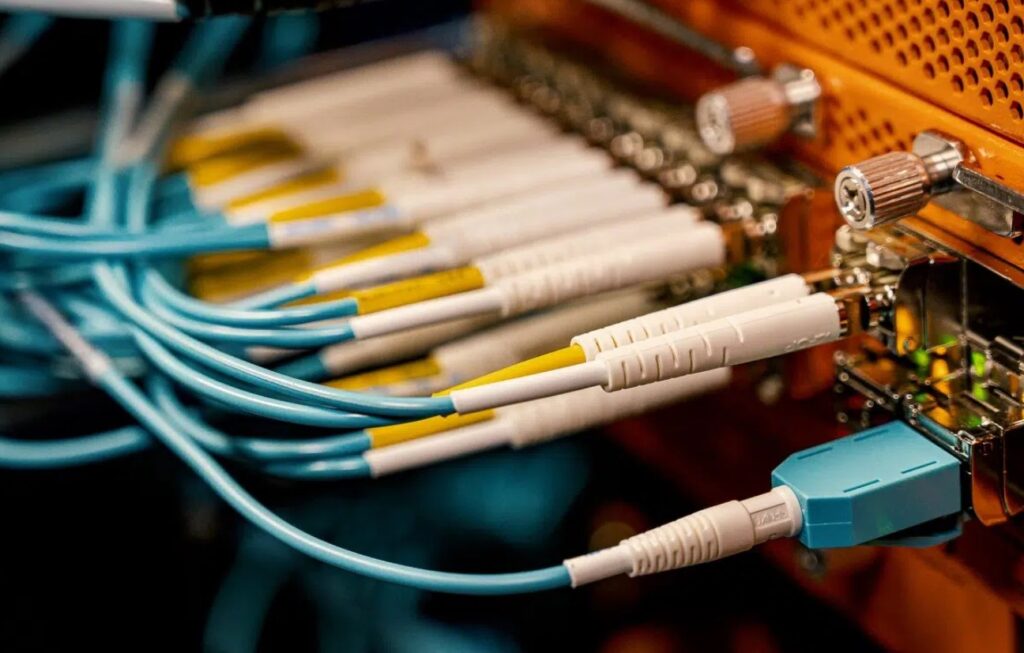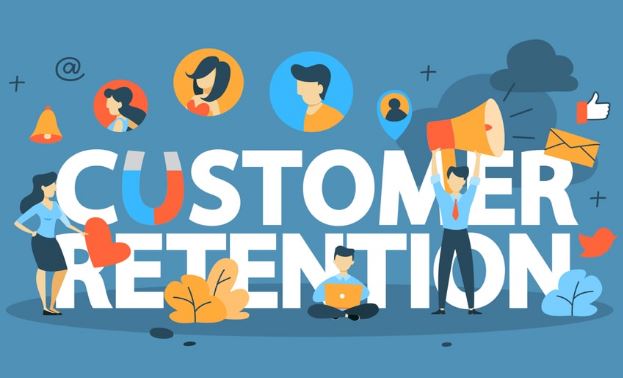Since its legalization in 2018, CBD has been everywhere. In barely over a year, the CBD market exploded from barely existing to generating as much as $22 billion by 2022. This growth is driven by a variety of studies that indicate that CBD may be able to address a variety of illnesses, both emotional and physical.

However, any new industry comes with growing pains, and CBD is no exception. The United States government, via the Food & Drug Administration, has still failed to adequately address very serious consumer protection issues. Labeling and testing are the most glaring areas which require additional regulations in order to protect consumers. Unfortunately, fraud is widely prevalent within this industry.
Are bad CBD sellers putting your health at risk? Absolutely. Here’s a look at how they are doing this and what you can do to prevent purchasing bad CBD products.
The University of Pennsylvania Study
All CBD sellers are required by law to label their products with what is in them, including ingredients and amounts. However, there is a major hole in the current regulatory system: There is no federal testing for accuracy. As a result, many bad vendors are getting away with lying to consumers.
Unfortunately, this is not hyperbole, and independent studies have confirmed that this is a major concern within the CBD industry. In 2017, the University of Pennsylvania conducted a seminal study on CBD labeling. It tested 84 CBD samples for accuracy and found that nearly 70% of those products were over or under labeled. In other words, the companies weren’t being accurate with what they claimed was in their CBD. This went for a variety of products, pesticides, and cannabinoids, including THC levels.
How This Could Endanger Your Health and Well-being
As noted by the University of Pennsylvania study, over or under labeling could result in consumers not fully getting the benefit of CBD that they expect. This, in turn, can reduce the effectiveness of CBD or the confidence of the consumer in CBD’s ability to do them good.
Unfortunately, it can be more serious than that. A CBD company would disclose all of the pesticides and products which they used to produce the CBD, as well as all products contained in the product. This would allow consumers to have a better idea of what is actually in the CBD they were about to ingest and thus make more informed decisions. Some consumer prefers to avoid certain pesticides or chemicals, and if a product isn’t accurately labeled, they cannot make this informed decision.
Furthermore, some individuals have food allergies to certain products or chemicals. Lacking accurate labeling could potentially result in a user consuming a product or chemical that may produce an allergic reaction.
Lastly, the University of Pennsylvania study found that levels of THC were also mislabeled in CBD. THC is short for tetrahydrocannabinol, which is the cannabinoid responsible for intoxication in marijuana. Legally produced CBD should contain no more than .3% THC in the United States, a level which is far too low to result in any intoxication. However, many individuals have specific THC preferences. Some preferring CBD with THC (usually people who believe in the power of the Entourage Effect) while some prefer CBD without it. Inaccurate labeling takes away that consumer’s choice.
Perhaps most disconcertingly: Though unlikely, it is possible that CBD with THC can result in a positive drug test. Some people (such as individuals who have been convicted of certain crimes or people who work in certain industries) are regularly drug tested, and consuming inaccurately labeled CBD could result in a positive drug test that may have major legal or financial repercussions.
How To Protect Yourself
Fortunately, many CBD vendors are honest and want to make sure that the consumers who purchase their goods know what they are purchasing. Bluntly, it is also in the best interests of CBD vendors to make sure their consumers trust them and to do everything they can to cultivate that trust.
That’s why many CBD vendors independently test their products. What does this mean? Good companies will hire an outside contractor to test their products and provide a Certificate of Analysis. That Certificate will then be publicly available. It will contain a variety of information, including ingredient amounts, levels, and any other pesticides.
If a product has a Certificate of Analysis produced by an independent lab, you can rest assured that the ingredients that the company claims are in the product are, in fact, present. Regardless of where you purchase CBD, always make sure that you read the Certificate of Analysis and use it to confirm the accuracy and honesty of your CBD vendor.



